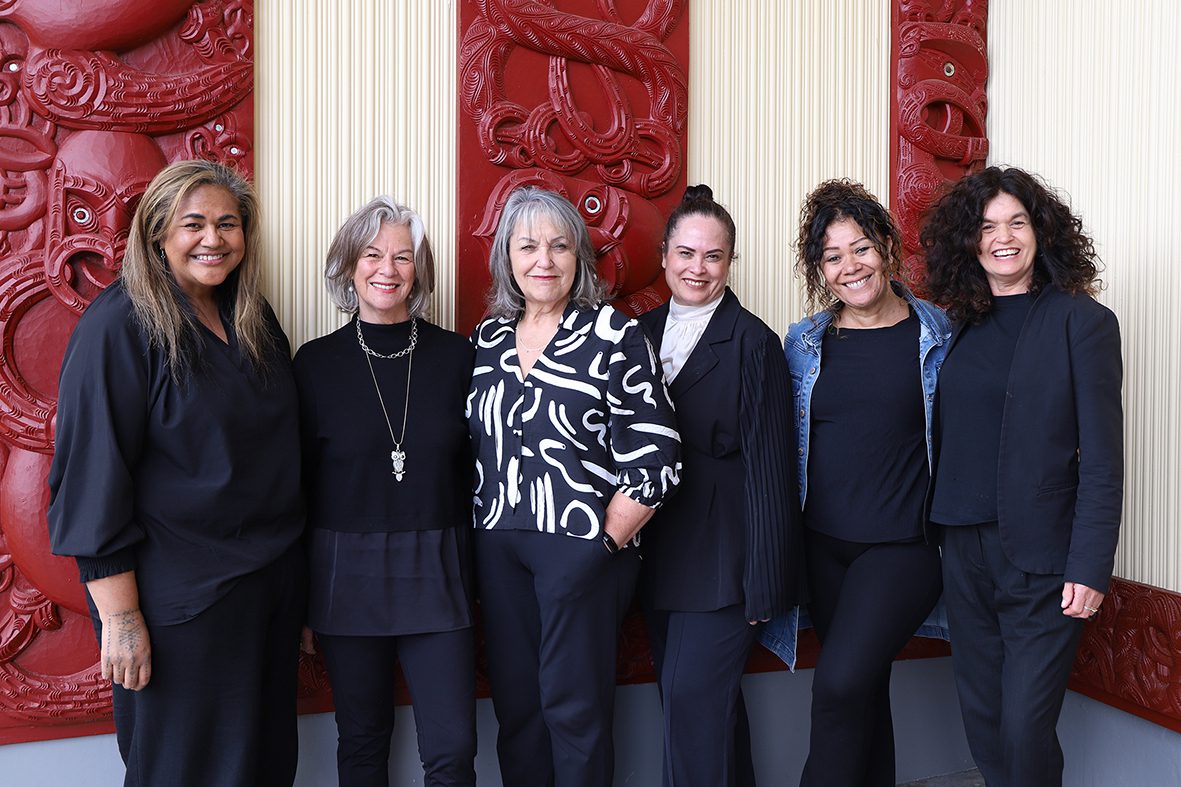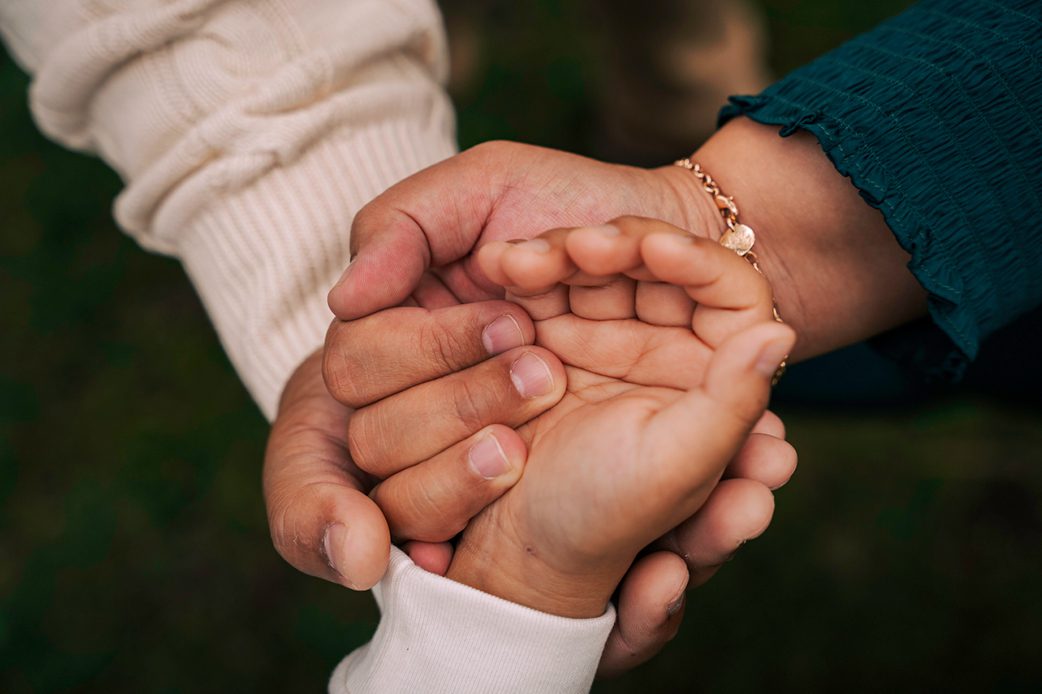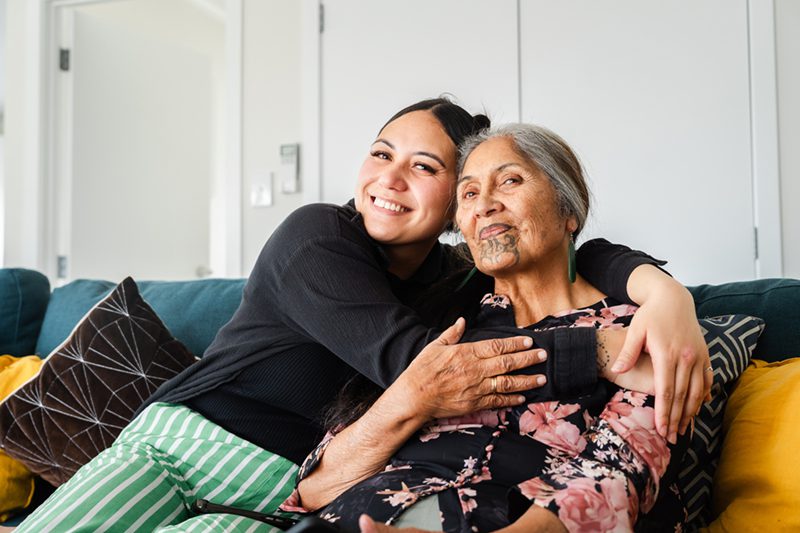WHĀNAU SERVICES
Community Housing
Home Healthcare
Grounded in Kaupapa Māori principles, Mātanga Oranga offers culturally responsive support for whānau who may otherwise struggle to engage with services that meet their unique trauma histories.
Mātanga Oranga provides Māori-informed and Māori-based specialised counselling and care for West Auckland whānau who are living with the impacts of intergenerational abuse and trauma, and extreme histories of whānau and gang violence.
Our trauma specialists and counselling team can work with whānau of all ages, from diverse backgrounds, across a broad range of issues to foster healing, cultural connection and long-term transformation.

With extensive experience in delivering programmes that foster long-term transformation, particularly for Māori, Mātanga Oranga plays a key role in Visionwest’s Trauma-Informed Care approach.
Central to this is whakawhānaungatanga building genuine, trusting relationships by connecting to the wairua or spirit of each person’s unique story. This enables us to listen deeply and tailor support to the specific needs of each whānau.

Mātanga Oranga - Trauma-Informed Care
Kaupapa Māori-based counselling and care for whānau experiencing the impacts of intergenerational trauma, abuse, and violence.

Mana Tiaki - Elderly Abuse Support
Mana Tiaki exists to uphold the mana of the elderly by providing support to Māori, Pasefika and ethnic kaumātua and kuia who are experiencing, or at risk of, elder abuse, mistreatment or neglect.
The rising need for support of this kind means our Mātanga Oranga Trauma-Informed Care service is growing in demand.
At its heart is the desire for personal wellness within our whānau. Other practical results include rewards that have a positive influence on this and future generations.
These include:
- Receiving children back from Oranga Tamariki.
- Personal self-understanding and awareness.
- An increased capacity to make better choices for themselves and their whānau.
- The breaking of cycles of intergenerational trauma, poverty, addictions, and isolation.
- A reconnecting with the education system and ability to focus on self-determined futures.
- Recognition from other key government agencies and service providers as they request for our support for their whānau.